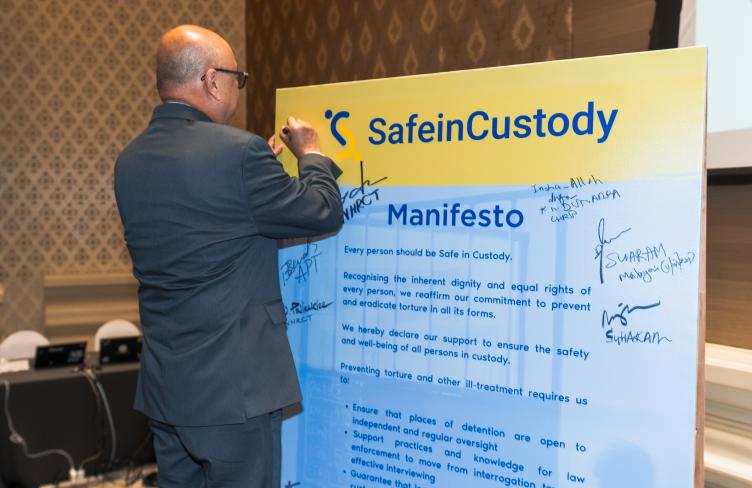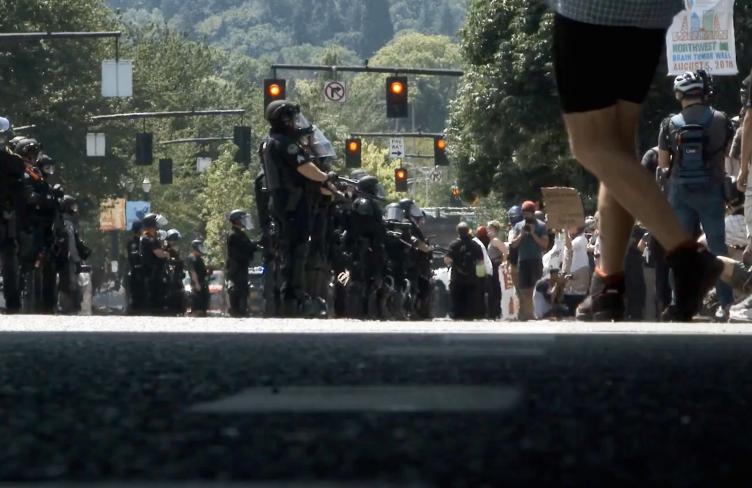
Interestingly, in the Philippines, detention cells maintained by the police are referred to as “temporary lock-up cells”. The irony is lost on many however, because most detainees definitely stay longer than the maximum of 36 hours the law has envisaged. Many have languished for weeks. Others for months.
As detainees increasingly stay longer in police lock-up cells, we all know that while in detention they have to eat and sleep, shower and have medical check-ups when sick. Just the basic stuff every person need, at the very least, to live with dignity as human beings should.
BUT did you know?
- There is no separate budget allocation for the maintenance of the detention facilities;
- Detainees' food is either provided by their family or by the police;
- Provision of medical services vary from place to place;
- Police officers have to multi-task as duty jailers (and receive little training for this);
- Police stations are ill-equipped to receive huge numbers of detainees, especially in urban areas, and many do not live up to the standards.
The primary problem is the poor conditions for detainees in these “temporary" lock-up cells. This is not only a burden on the detainees but also on the police in general, as we found out during preventive visits with the Philippines Human Rights Commission earlier this year to city and municipal lock-up cells all over the country. The finding was further reinforced when we engaged the police at the regional level, in what we called a Consultative Regional Based Dialogue.
We need to do something!
The nagging question is what can be done? While working on my Torture Prevention Ambassador’s project, I have come to the conclusion that we need a different approach. One that is participative, positive and consultative. By improving the working conditions of the police, the welfare of the detainees be uplifted and vice-versa.
We will therefore be urging the government to ensure a highly professionalized and competent police force, adequately trained on the handling of detainees and on effective investigation without resorting to torture. We should also ensure that they are sufficiently equipped and there is adequate provision for maintenance of facilities. By boosting the morale of the police, they are more likely to avoid incidents of abuse and stress which may contribute to the occurrence of torture.
Another thing which is being done by the Human Rights Commission is the drafting and issuance of Advisories. The Advisories will be addressed to the relevant duty bearers in the government. For example:
- To the legislative and the Department on Budget and Management on their duty to provide funds for food for the detainees;
- To the city leagues, municipal mayors and the Department on Interior and Local Government to encourage them to fast track the donation of lots, to facilitate the construction of model police stations, adhering to international standards;
- To the Philippine National Police calling for comprehensive and adequate training for the handling of detainees and for a policy to maintain the integrity of data on detainees.
It’s time to take action. We need policy changes and reform through a positive approach. As detainees stay longer in detention cells, we need to ensure longer and enduring safeguards to protect them against torture and ill-treatment. Temporary fixes are no good if lock-up cells are not temporary. We need permanent changes.
Jacqueline de Guia is a lawyer and regional director of the Human Rights Commission of the Philippines. This is the second part in a series of blog posts by participants in the APF/APT Torture Prevention Ambassador’s project.


